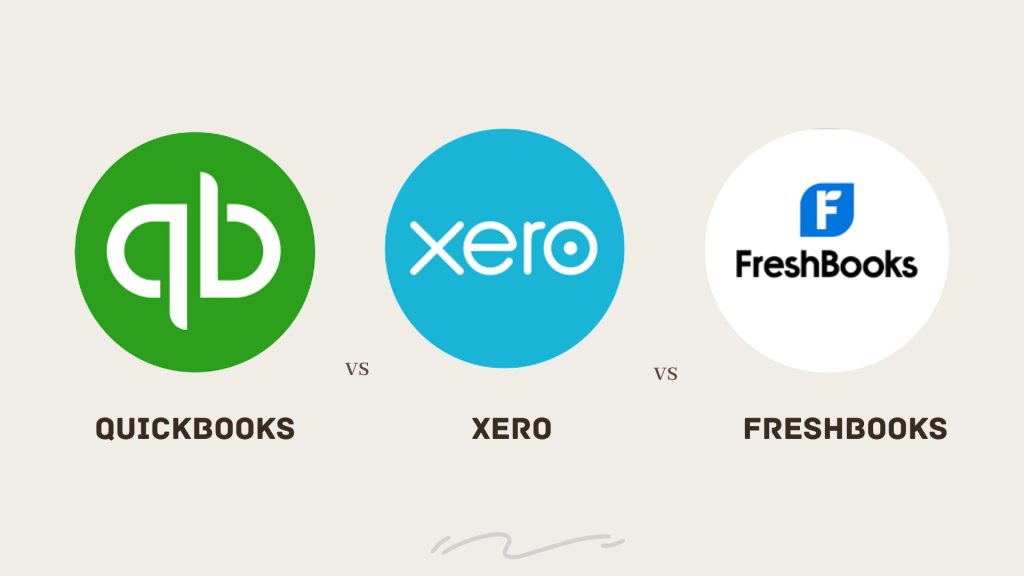You should keep records of all income, expenses, assets, liabilities, payroll, and legal documents for accurate bookkeeping. Maintain these documents for at least seven years to comply with IRS guidelines and facilitate potential audits.
Understanding Bookkeeping Records and Their Importance

Bookkeeping records are essential for managing the financial health of any individual or business. So, what records should you keep for bookkeeping purposes? Simply put, you must retain detailed documentation of all financial transactions. This includes everything from sales invoices to payroll records, ensuring your business complies with accounting standards, maintains financial transparency, and stays prepared for audits.
Organised bookkeeping:
- Helps businesses track profitability and manage cash flow.
- Ensures compliance with IRS regulations.
- Facilitates accurate tax reporting and audit preparations.
At Careers Collectiv, we stress the importance of accurate financial documentation for sustainable business growth and compliance.
Essential Types of Records for Accurate Bookkeeping

Income Records
These documents track your revenue:
- Sales invoices
- Cash register tapes
- Bank statements
- Deposit slips
Regularly maintaining these records helps verify income and simplifies tax filings.
Expense Records
Expense records prove business deductions:
- Purchase receipts
- Bills and invoices
- Credit card statements
- Canceled checks
These documents support tax deductions, lowering your taxable income.
Asset and Liability Records
Keep these critical records for accurate financial statements:
- Loan agreements
- Asset purchase documents
- Depreciation schedules
Proper documentation helps you track assets and manage liabilities effectively.
Employee and Payroll Records
Payroll documentation ensures compliance with labor laws:
- Payroll summaries
- Tax withholding forms (W-2, W-4)
- Employment contracts
- Benefit records
These records help resolve discrepancies quickly and accurately.
Legal and Compliance Documents
Maintain critical business documents:
- Business licenses and permits
- Insurance policies
- Contracts and agreements
Legal documentation protects your business interests and ensures compliance.
Recommended Record Retention Periods

The IRS recommends keeping most records for seven years. Here’s a quick breakdown:
- Income and sales records: Keep at least seven years.
- Expense and deduction records: Maintain for seven years.
- Employee records: Store payroll-related records for at least four years.
- Legal documents: Retain indefinitely or until updated.
Adhering to retention schedules ensures IRS compliance and readiness for audits.
Best Practices for Organising Your Bookkeeping Records

Physical Recordkeeping Methods
Traditional organisation methods include:
- File cabinets with labeled folders
- Binder systems organised chronologically or categorically
Physical methods offer tangible security, though space and accessibility can become issues.
Digital Recordkeeping Systems
Digital methods offer easy retrieval and space-saving benefits:
- Cloud-based storage (Google Drive, Dropbox)
- Digital receipt scanners and mobile apps
- Clearly labeled digital folders
Digital systems facilitate quick, secure access to documents.
Combining Physical and Digital Systems (Hybrid Approach)
A hybrid system ensures maximum security and flexibility:
- Keep original contracts physically
- Digitise receipts and invoices
- Use cloud storage with physical backups
This approach minimises risks associated with data loss.
Tools and Software for Effective Bookkeeping Record Management

Popular software simplifies bookkeeping tasks:
- QuickBooks: Ideal for small to medium businesses.
- Xero: Known for user-friendly interface and integration capabilities.
- FreshBooks: Excellent for freelancers and small businesses.
Choose software with features like ease of use, integration, security, and automated backups.
Common Bookkeeping Mistakes and How to Avoid Them
Avoiding common errors ensures financial accuracy:
- Mixing personal and business finances: Use separate accounts to avoid confusion.
- Forgetting regular reconciliations: Schedule monthly bank reconciliations.
- Lack of digital backups: Regularly backup digital records in secure cloud solutions.
- Misclassification of transactions: Use software to categorise transactions accurately.
Implementing these practices maintains accurate, compliant bookkeeping.
Industry-Specific Record Keeping Advice
Different industries require specific recordkeeping practices because each sector has unique regulatory, operational, and financial requirements. Maintaining accurate records ensures compliance with industry laws and helps businesses make informed decisions. That’s why bookkeeping is important for business—it provides a clear picture of financial health and supports strategic planning and growth.
Retail Businesses
- Maintain detailed inventory logs.
- Keep Point-of-sale (POS) transaction records.
- Store supplier invoices systematically.
Service-Based Businesses
- Keep detailed client contracts.
- Maintain billing records and timesheets.
- Track project expenses separately.
Manufacturing Businesses
- Document production and material costs thoroughly.
- Maintain supply chain documentation.
- Keep records of equipment maintenance.
Tailoring your bookkeeping to your industry ensures accuracy and regulatory compliance.
FAQs about Bookkeeping Record keeping
What bookkeeping records does the IRS require?
The IRS requires documents supporting income, deductions, credits, and taxes filed.
How do digital receipts work for taxes?
Digital receipts are accepted by the IRS as long as they are clear, legible, and accessible.
Can you discard physical records after digitization?
Generally, yes, provided digital copies are complete, legible, and stored securely.